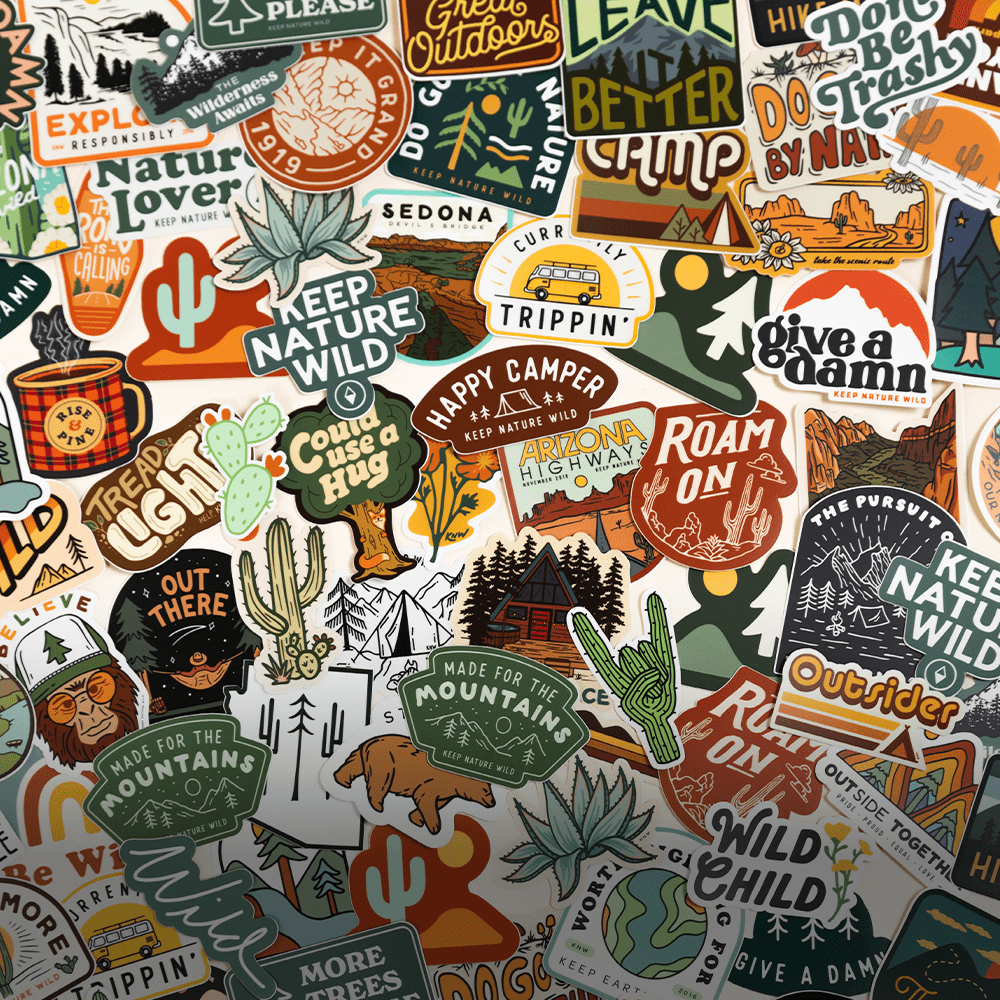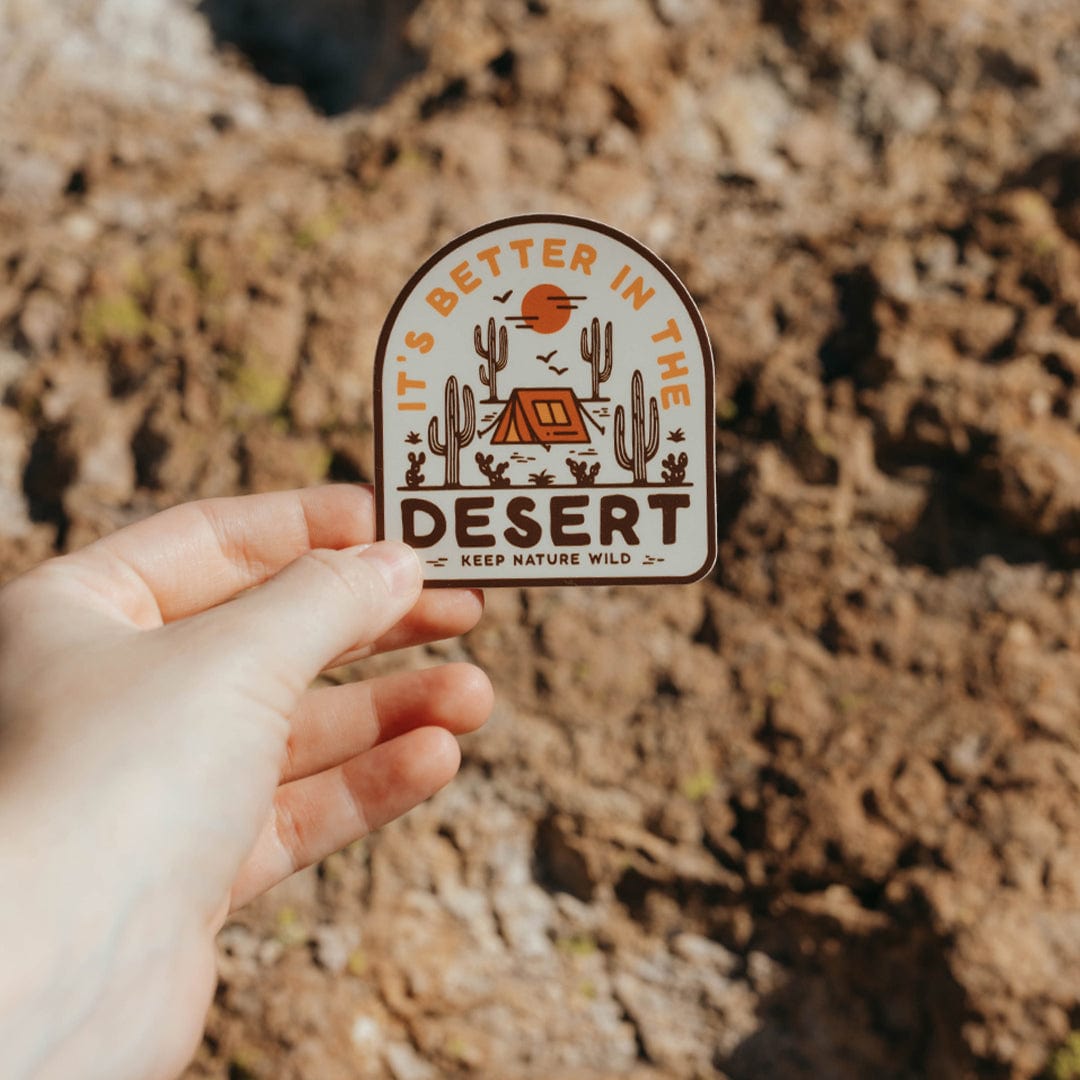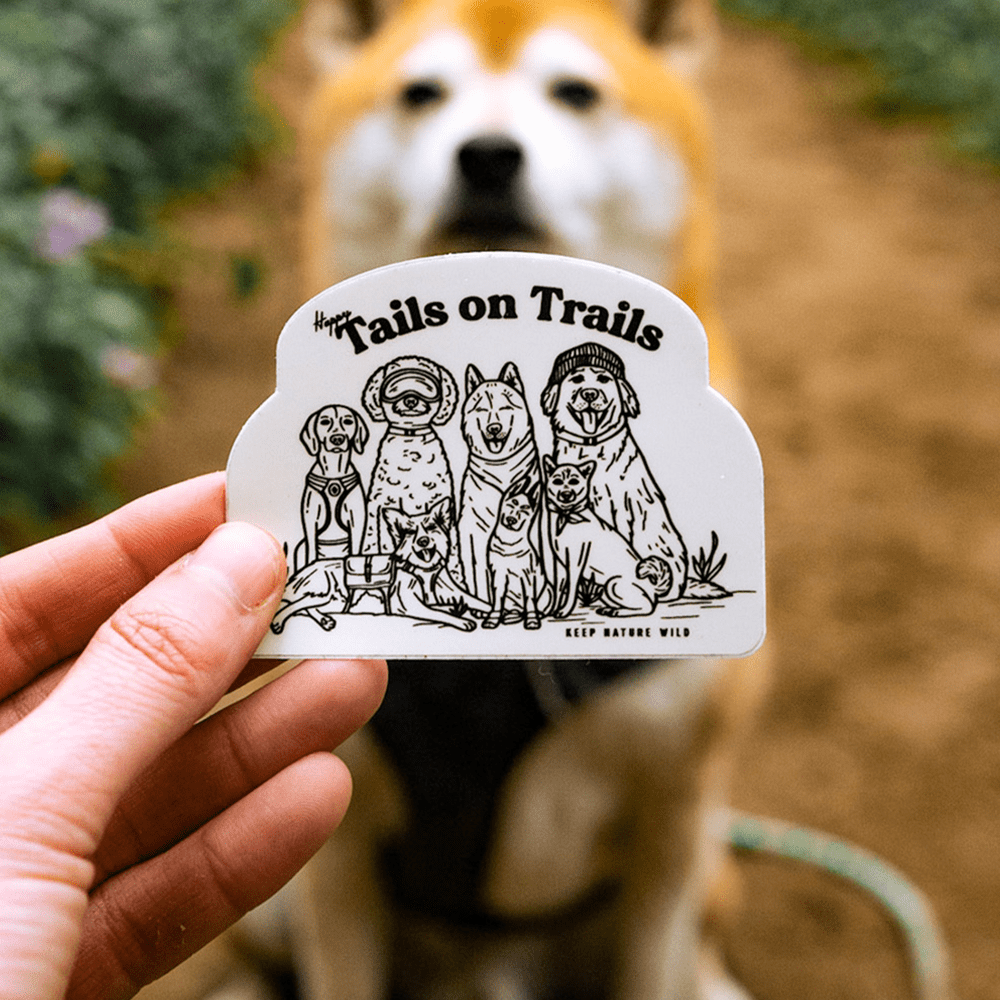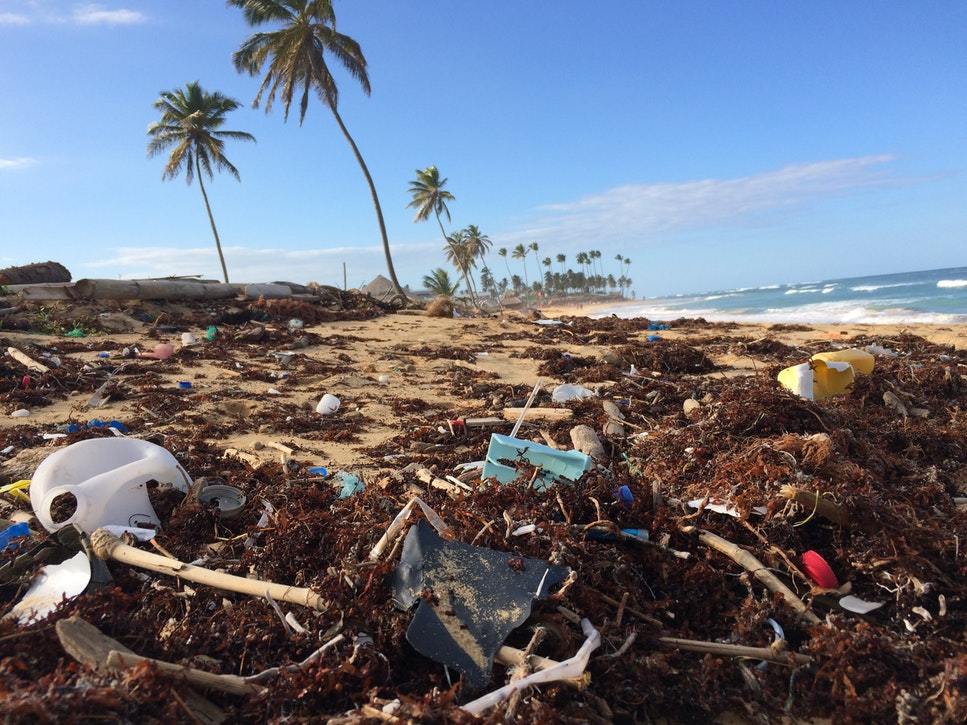Think about your day so far... What have you done? Where have you gone? What have you eaten? What have you thrown away?
That's something we don't really give a second thought. Food wrapper, trash can. Styrofoam gas station cup, toss it. Old t-shirt you haven't worn in years, see ya never again.
See, that's the thing. We probably won't ever see any of those things again. But sadly, they don't always end up in a landfill. Sometimes, they end up in our wild places, and whether that's by human carelessness or just by chance, it's still a problem.
One of our Wild Keepers (check her out at @cheyetown) recently made a 10 ft. stack of tightly packed styrofoam, paper and plastic cups that she pulled out of the desert. A stack - almost double my height - of Polar Pops, McDonald's cups, and Starbucks coffees all discarded without looking back.
Here's some stats... Annually, the world generates over 1.3 billion tons of trash, and that's expected to go up to 2.2 billion by 2025. In the US, the average person throws away their body weight in trash every month.
So, that got us thinking - almost everything we throw away was bought from a company. Whether it's packaging or the actual product, we had to purchase it somewhere. So, do that mean that companies should be held responsible for the trash they produce?
Quite a few companies are starting to think so, especially in the apparel, footwear and electronics industries. These brands are creating programs that allow customer to preserve their products and keep things that still have value out of landfills.
Madewell has a program called Blue Jeans Go Green, where they recycle used jeans into housing insulation. They encourage customers to send in their jeans, of any brand/color/size, and they'll give you $20 off a new pair in return. Since the program started, over 450 houses have been built with recycled-blue-jean-insulation... which saved over 191 tons of jeans from sitting in a landfill.
Another company that is truly taking sustainability to heart is adidas. They have so many programs to cut down on energy, water usage, and ultimately, the waste their products produce, but I'll just hit the highlights. 1) Take-Back Program. Donate your shoes you no longer wear, and adidas recycles them or gives them to communities in need. 2) Parley for the Oceans. They make a tennis shoe made completely out of plastic that would otherwise be in our oceans. 3) Biosteel Fiber. They also make a tennis shoe that is made out of a certain kind of fiber that is 100% biodegradable. So, if someone does just toss their shoes in the trash can, they aren't as harmful to the environment. 4) DryDye. In 2012, adidas switched around the way they dye their products. The goal was to cut down on water usage, and they did just that. The DryDye process uses 50% less energy, 50% less chemicals, and 100% less water.
Best Buy and Samsung also have great take-back programs to recycle old electronics into brand new products. This one is super important because the world produces around 42 million tons of "e-waste" each year. Electronics are made of iron, copper, gold, silver and aluminum - all recyclable materials. They're also made of lead, mercury, cadmium and arsenic - all toxic materials. Just tossing away old electronics means tossing away materials that really shouldn't be in our landfills.
These companies prove that there are things that businesses can do to take responsibility for their trash. And it doesn't have to be big take-back programs either. A simple change, like Pepsi planning to make all packaging from recycled materials by 2025, can make a huge difference.
So, as consumers, what can we do? We can support companies that are supporting our Earth. We can reach out to companies that don't have such programs, and ask them why, when and how. And we can take responsibility for our own trash as well - recycling, reusing and reducing as much as we can.
We're Just Trying to Keep Nature Wild
That's why every purchase helps fund & host wilderness cleanups. Check out some of our favorites in stock right now, and come join us at a cleanup!











Leave a comment
All comments are moderated before being published.
This site is protected by hCaptcha and the hCaptcha Privacy Policy and Terms of Service apply.